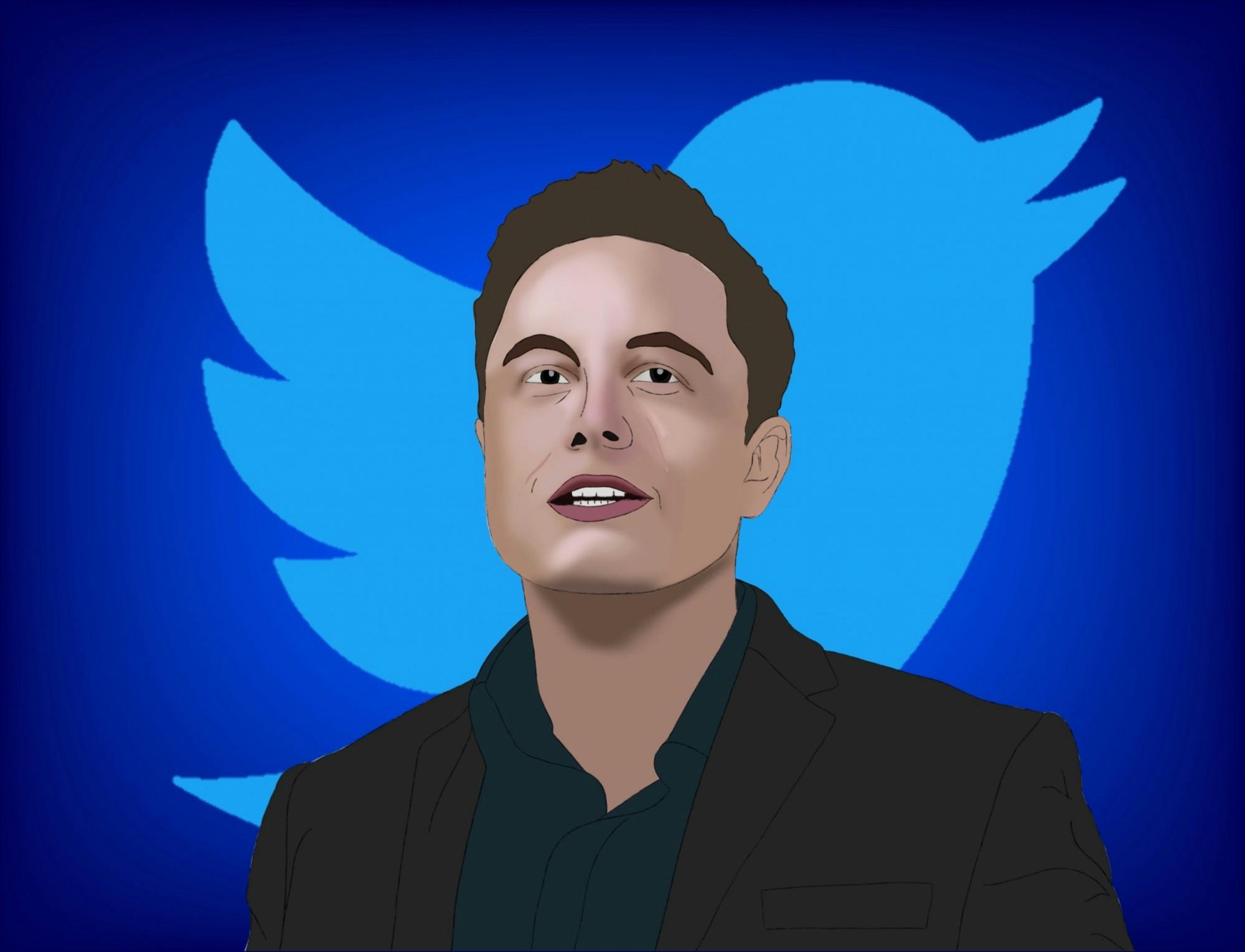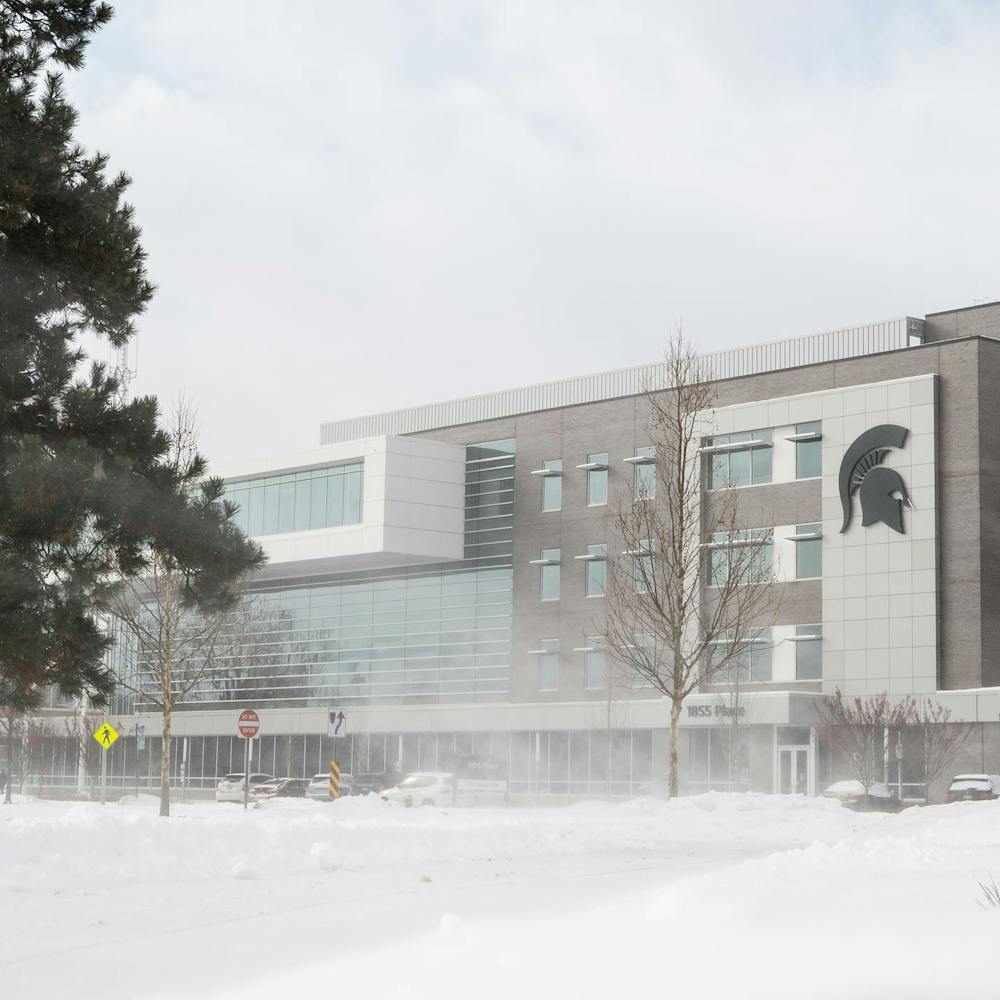For weeks, billionaire entrepreneur Elon Musk was playing the "will he, won't he" game with buying one of the biggest social media sites: Twitter. After securing the $44 billion deal, lots of changes have been present within the company.
One of the largest sources of discourse that surrounded the company before Musk took over was the moderation level of hate speech on the site. The company was constantly fighting against these messages, looking for solutions.
Musk told the public he was going to make Twitter the pinnacle of a free speech forum.
“It was not clear that he would bring substantive understanding to a company such as Twitter to fix the problems that they were struggling with such as harassing speech and hate speech," MSU Quello Chair in Media and Information Policy Johannes Bauer said.
Bauer said it was hard to see someone who was known as a forceful leader throw his hat into the public sphere. However, he believes that Musk taking over as a private company could have some upsides, like being able to focus on their own goals rather than have pressure to make shareholders money.
Unfortunately, there are downsides that Bauer and the public are worried about.
“One downside of a private company is that it is subject to much less reporting and transparency requirements compared to a public company," Bauer said. "A public company has to fill in … the shareholders. That's creating some kind of accountability of what's happening at the company. As a private company, many of those things really do not exist.”
Bauer also hoped that Musk would use his own Twitter account as a megaphone to reach the public as well as adopt policies to amplify free speech without highlighting hateful speech, hoping to stop the automated bias of algorithms.
“That's actually one of the big criticisms on many social media and online communications ... that algorithms amplify things that are emotionally engaging," Bauer said. "That includes very positive emotions, but it also includes very negative emotions such as anger and scapegoating and hate speech."
It was then announced that Musk laid off over 11,000 employees, many of them being content moderators.
“I realized that he laid off … people who were in the areas of monitoring content including the person that made the call about removing the account of President Trump for disseminating fake and false information," crisis communications professor Manuel Chavez said. "That's when I thought, this is not going to be good. ... It clearly sent the message that my initial fear – that he would be controlling freedom of expression – was real.”
Chavez said he doesn't trust Elon Musk to filter misinformation. Some problems have surfaced because of Musk's idea to monetize the use of the blue verification checkmark – which verifies users behind accounts are real. Previously, verification required an approval process to confirm a user's identity and notoriety.
“Somebody with blue (checkmark) identification created a post from a pharmaceutical company announcing that insulin will be completely free for America," Chavez said. "It was false. The company couldn't delete the post because all the executives were trying to call Twitter (employees) who were fired already. … It took eight hours to remove a false post.”
While Musk has been claiming Twitter will be for everyone, Chavez questions if this will help freedom of expression or repress it.
“I think he is disruptive," Chavez said. "As a person who typically try to disrupt anything that is in front of him, for whatever reasons, I think that he has that inclination to create turmoil.”
With this disruption, many people speculate if Twitter will go bankrupt. However, Bauer said that Twitter has never been the strongest financially.
“Twitter does not have a strong record of being profitable," Bauer said. "It was only profitable in 2018 and 2019. In all the other years, the latest figures available showed they lost about a billion dollars. It has not been (since) Musk took it over. … In that sense, it’s sustainable only if investors had trusted it would eventually reach a point that it would have a sustainable revenue stream.”
Bauer said the company becoming more chaotic recently may scare advertisers away from producing more revenue, with companies wanting to protect their brand safety rather than take a gamble with Musk.
However, Bauer is worried that Musk may have a more sinister plan.
“Musk (may be) deliberately running Twitter into bankruptcy," Bauer said. "The bank has special laws applying to those cases, typically. It's the appointed time when companies try to renegotiate outstanding debts and restructure that.”
Bauer said he wants to wait a couple more months before deciding if Musk is fit to run Twitter. On the other hand, linguistic junior Lee Sliwinski has made up their mind on Musk.
“He has no idea what young people want," Sliwinski said. "In the long term, it's an app that a lot of people genuinely enjoyed using and he's just using it as a profit. He doesn't see the people who use Twitter as just users. He sees them as customers, which is not what an app is for.”
Sliwinski said the people who tend to support Musk seem to only think of themselves rather than the general public, allowing for Musk to continue gouging money from users through the new subscription service.
“If it actually becomes a subscription service and it gets to the point where if I don't pay $8 to look at a tweet, and it starts restricting things, I'm deleting the app," Sliwinski said. "It's not worth it to me to pay $8 to look at a tweet.”
With the chaos surrounding the social media site, Twitter has lost users. While the fate of the site is undecided, the public will continue to speculate on exactly what the billionaire is planning for the company.
Support student media!
Please consider donating to The State News and help fund the future of journalism.
Discussion
Share and discuss “Students, professors weigh in on Twitter, free speech, verification changes” on social media.







